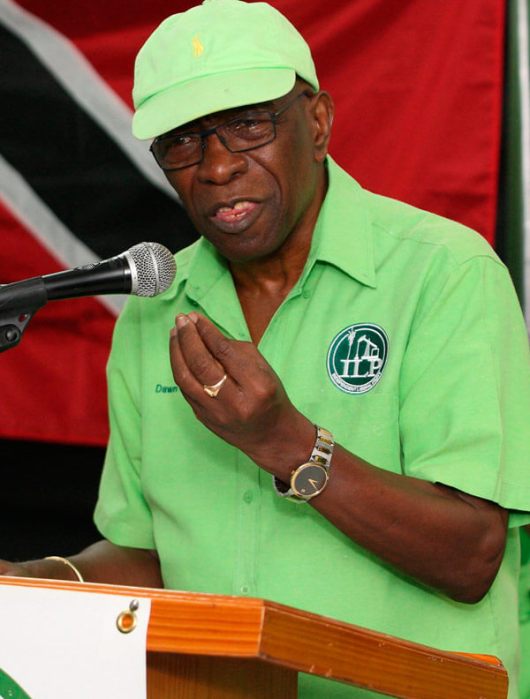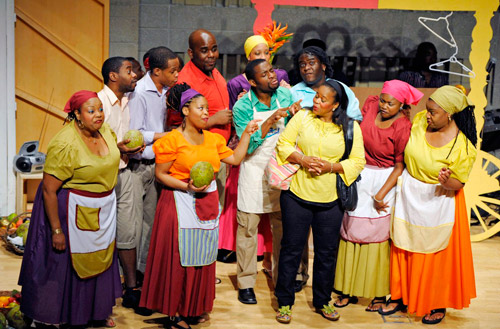A high court judge has delivered a historic ruling striking down the buggery laws from the statute books in Trinidad and Tobago.
Justice Devindra Rampersad presiding in the Port of Spain Hall of Justice last week delivered the landmark ruling in favor of Trinidad-born gay rights activists.
Jason Jones, who lives in the United Kingdom, had filed a constitutional motion challenging the legality of Trinidad and Tobago’s buggery and serious indecency laws, contending they contravened his right to equality before the law and protection by the law as an openly gay man.
Trinidad and Tobago has now become the second Caribbean country so far to remove its buggery laws. Belize did so in 2016.
Loud cheers erupted from scores of supporters and members of the lesbian, gay, bisexual, transgender and queer (LGBTQ) who gathered outside the court after the judge gave his ruling.
But even though Justice Rampersad found that the laws were in fact unconstitutional, they still remain in effect since the court had made no final recommendation on whether they should be modified or struck down entirely.
In his ruling the judge found Sections 13 and 16 of the Constitution were not “saved law” since, even though they first came into existence in 1925, were eventually “repealed and replaced” by Parliament first in 1986 , amended in 2000 and again in 2012.
The judge went on to explain that the case before the court was not one about religious or moral beliefs, but instead it was one about the “inalienable rights of a citizen under the Republican Constitution of Trinidad and Tobago.”
He noted that this is a case about dignity of the person and not about the will of the majority or any religious debate.
Justice Rampersad went on to say religious bodies were arguing that if the offenses were removed from the statute books it would lead to a breakdown in family life.
Even though, the judge said, there was no doubt maintaining traditional family values was important, he questioned exactly what a traditional family was.
He said in his 52-page judgement it was unfortunate when society in any way values a person or gives a person their identity based on their race, color, gender, age or sexual orientation.
Attorney General Faris-al-Rawi said the judge’s ruling would be appealed and may even go to the Privy Council.
Editor’s note:: We apologise for mistakenly identifying the justice as Devan Rampersad where it should have been Justice Devindra Rampersad.



























